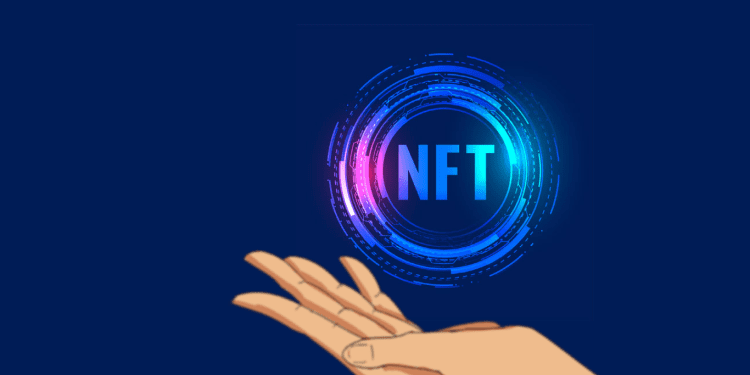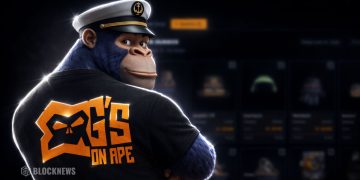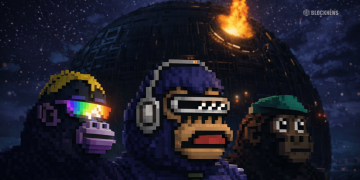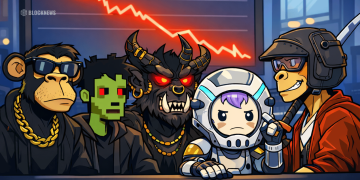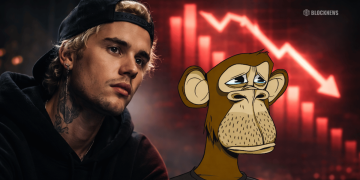Some leaders in the crypto and blockchain industry have echoed concerns that NFTs, in their current form, convey no actual ownership to their holders. A report by Galaxy Digital, a leading blockchain development, and research company, asserts some concerns that the intellectual property (IP) rights to a non-fungible token (NFT) may not belong to its holder. In a statement made to CoinDesk, Mr. Alex Thorn, the company’s head of research, stated that most NFT art endeavors “transfer no true ownership for the underlying content.”
Mr. Thorn went on to state,
“When you acquire one of these tokens, you’re essentially buying a license from an issuer, not the media that the metadata points to.”
He remarked that among the top 25 NFT ventures, only one, World of Women (WoW), according to the company, “even attempts to grant true ownership for the underlying artwork” to token holders. It is also unclear from the study if the initial issuer of a WoW NFT would have to give the IP address to a future buyer if they were to sell on another marketplace, like OpenSea.
Because the majority of NFTs “come with a license from the issuer,” the issuer still has control over how the license is managed and, ultimately, how token holders can use the content covered by the license.
The Bored Ape Yacht Club (BAYC) licensing agreement, states that when a person buys an NFT, they “possess the underlying Board Ape, the Art, completely,” according to Thorn. He declared, “That is objectively false.” “The token bearer does not entirely possess the work of art. If they did, Yuga Labs would not be required to issue them a license.
Yuga Labs, one of the biggest NFT issuers, is one of the token issuers that Thorn claims may have “misled NFT purchasers as to the intellectual property rights for the content they are selling.” Yuga Labs is undoubtedly at the forefront of what Thorn referred to as the permissive commercial use license that is “very restrictive” and “personal use exclusively.” Thorn noted that one way to improve transparency would be to update the rights that users have when they buy an NFT.
More broadly, according to Thorn, users who want to “build anything very strong” may experience difficulties. In order to be explicit, he said,
“These licenses may be changed, revoked, or altered at any time, for any cause.” Due to their continued ownership of the intellectual property, issuers may potentially make changes “without even informing the token holders.”
The NFT artwork ecosystem has grown rapidly over the past year and is now valued at over $118 billion. Despite a market slump in recent months, major brands continue to launch new NFT partnerships – such as the recent collaboration between Mars M&M’s and the Bored Ape NFT band KINGSHIP. According to Thorn, “If you think NFTs is this revolution in digital property rights, as many do, we’re a long way off,” according to Thorn.


